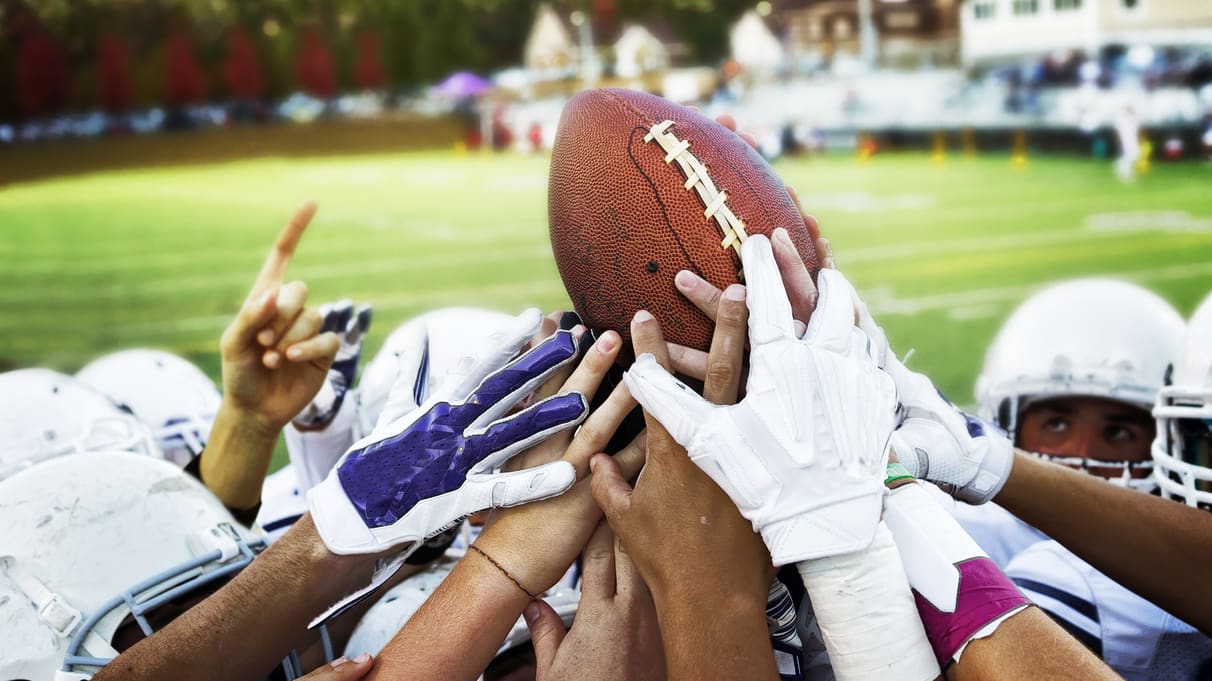Certain student athletes are employees entitled to all the protections of the National Labor Relations Act (NLRA), according to National Labor Relations Board (NLRB) General Counsel Jennifer Abruzzo in a Sept. 29 memo. We've gathered articles on the news from SHRM Online and other outlets.
Right to Act Collectively
"Players at academic institutions perform services for institutions in return for compensation and subject to their control," Abruzzo said. "Thus, the broad language of Section 2(3) of the act, policies underlying the NLRA, board law and the common law fully support the conclusion that certain players at academic institutions are statutory employees, who have the right to act collectively to improve their terms and conditions of employment."
(NLRB)
Supreme Court Decision Cited
Abruzzo cited a U.S. Supreme Court decision earlier this year that the NCAA can't enforce certain rules on student-athlete pay that limit the education-related benefits players can receive. Such benefits include computers, equipment, postgraduate scholarships and paid internships.
Full Breadth of Remedies
Abruzzo recently stated she will pursue the full breadth of possible remedies under the NLRA to deter violations. Her first memos included one on seeking full remedies and one on full remedies in settlement agreements. "Under the NLRA, the agency cannot mete out fines or penalties to violators of our statute, but it does have the broad discretionary power to provide make-whole remedies," she said. "A make-whole remedy is one that aims to restore the worker's situation prior to being subject to the unlawful conduct."
Calls for Changes in Board Agenda
On Aug. 12, in her first memo as NLRB general counsel, Abruzzo presented an agenda full of recommended changes for the board. Abruzzo listed 11 board case areas under the Trump NLRB that she identified as doctrinal shifts away from previous board precedent. These include cases involving confidentiality provisions in separation agreements, defining the scope of protected concerted activity and union access.
(SHRM Online)
Decisions That May Be Reversed
Decisions that are prime targets for reversal by a Biden NLRB, according to Derek Barella, an attorney with Schiff Hardin in Chicago, are:
- Caesars Entertainment. The Trump board overturned Purple Communications and held that employees do not generally have a protected right to use their employers' e-mail systems for purposes of union-organizing activity.
- The Boeing Company. The Trump board issued a new standard for evaluating challenges to employee-handbook provisions and work rules, overturning a previous standard that held neutral rules were unlawful if an employee could reasonably construe them to interfere with protected rights.
- Johnson Controls. The Trump board upheld the employer's right, within 90 days of labor contract expiration, to suspend bargaining and withdraw recognition from the incumbent union based on objective evidence that the union no longer has majority support.
(SHRM Online)
Was this resource helpful?




